Choosing a dog can be exciting and nerve-wracking at the same time. You want a furry friend, but what if your pup isn’t as friendly as they look?
Some people worry about aggressive tendencies, especially if kids or other pets are involved. That’s where dogs that don’t bite come in, they make life calmer and safer for everyone.
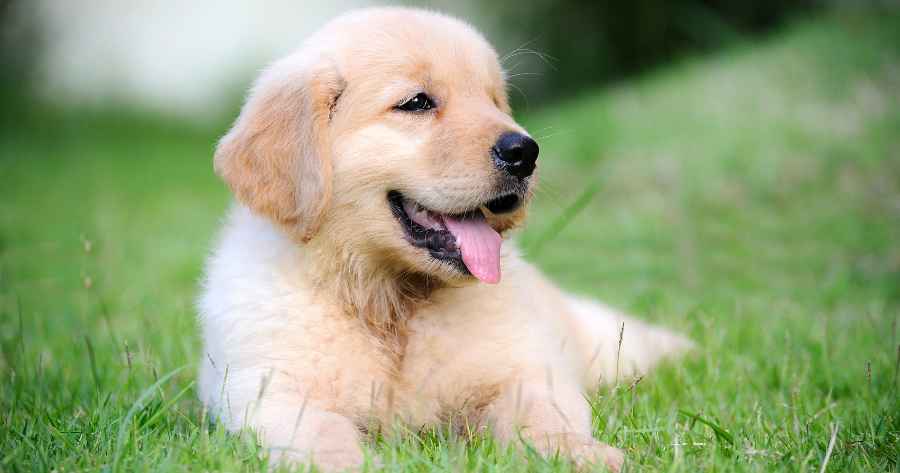
Imagine visiting a friend’s house, and their dog greets you with gentle nudges instead of lunges. It’s such a relief, right? That’s exactly the vibe these breeds bring into a home.
Labrador Retriever
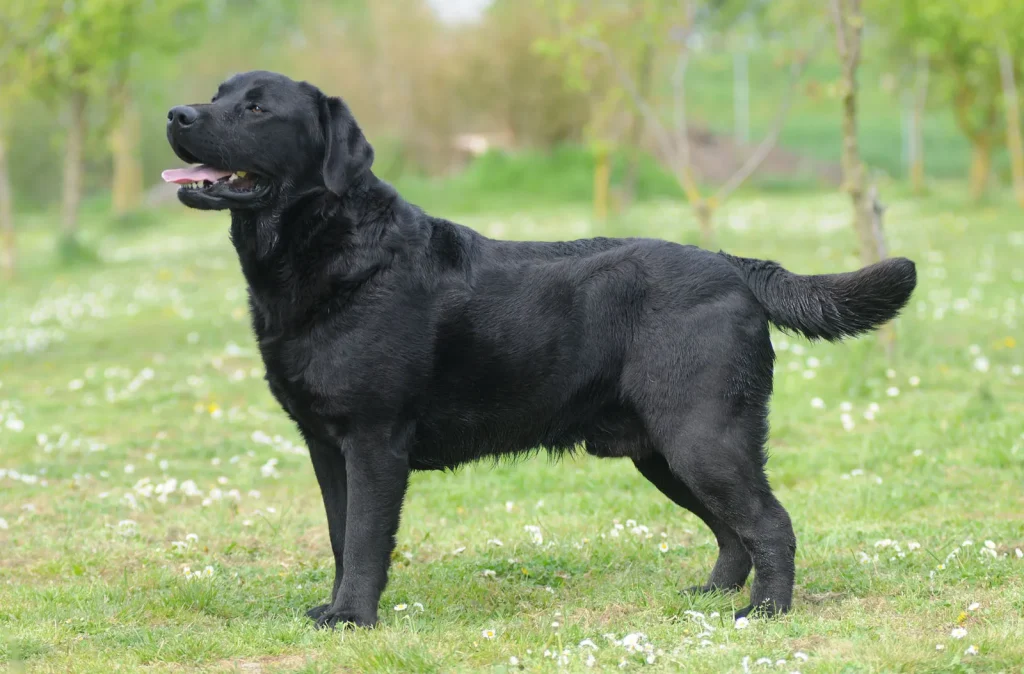
Labradors are legendary for being friendly, loyal, and approachable. They thrive in family settings and rarely show aggression, even around strangers.
Labs are energetic, love playtime, and enjoy mental stimulation. Socializing them early ensures they remain the friendly, cuddle-ready dogs they’re known for.
Golden Retriever
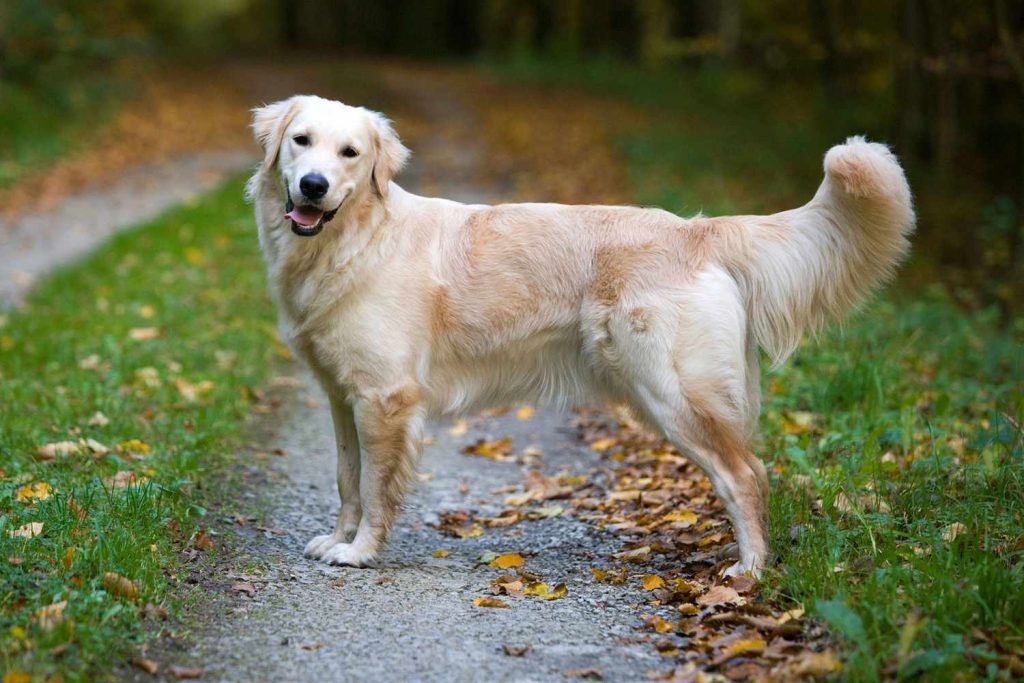
Golden Retrievers are classic examples of dogs that don’t bite. Their gentle temperament makes them excellent companions for kids and adults alike. They enjoy moderate exercise and love interactive play, which keeps their minds engaged and their personalities bright.
Cavalier King Charles Spaniel
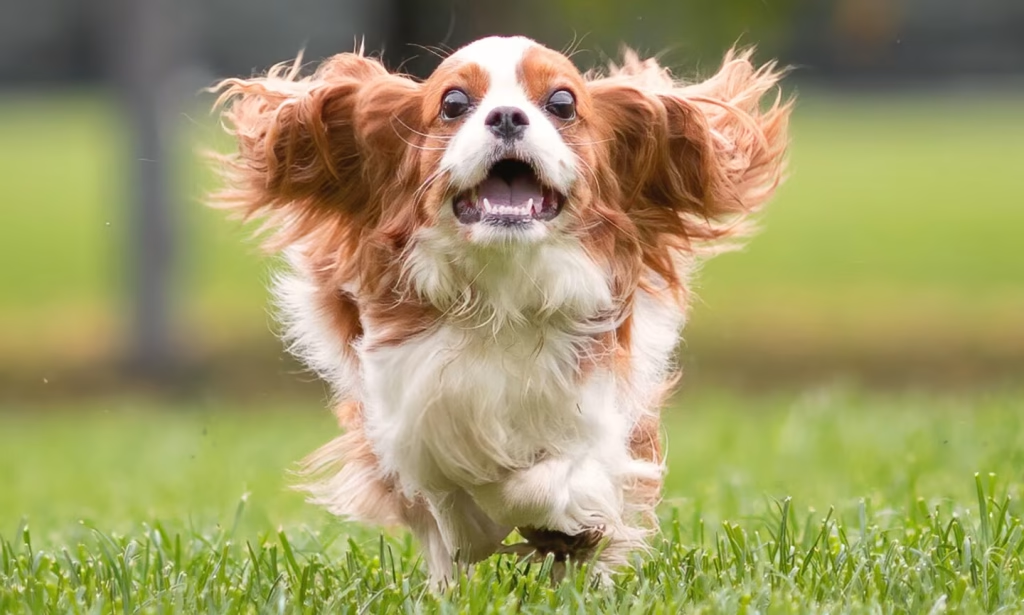
Small, affectionate, and playful, Cavalier King Charles Spaniels are perfect for apartment living.
They form strong bonds with family members and are generally calm around visitors. These dogs show that gentleness isn’t about size; their soft demeanor makes them great therapy companions too.
Beagle
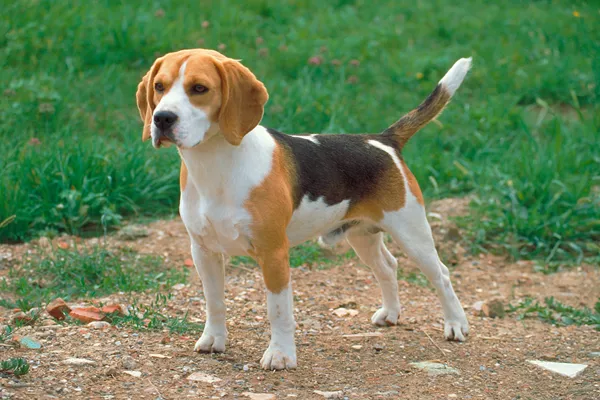
Beagles are curious and social without being aggressive. They enjoy exploration and interaction, making them ideal for families who want a friendly, active pup.
Proper socialization ensures they greet everyone politely, reinforcing their standing as dogs that don’t bite.
Bichon Frise
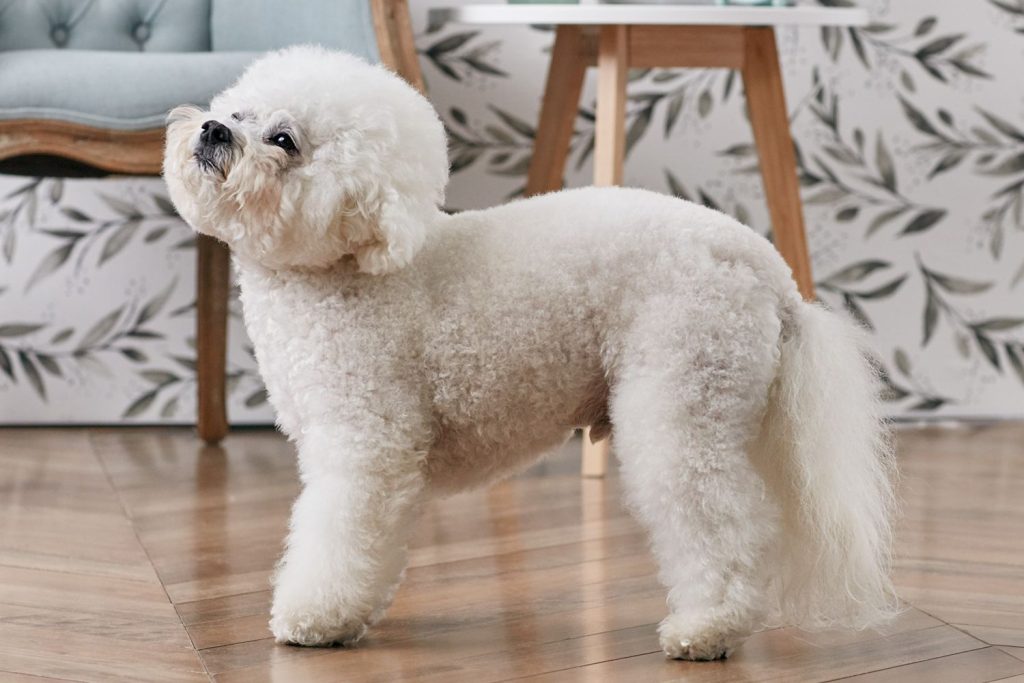
Bichons are cheerful and gentle, thriving in homes with children or seniors. Their playful energy is balanced by a desire for affection, which keeps them calm around new people.
Bichons are proof that small dogs can be confident, non-aggressive companions.
Newfoundland
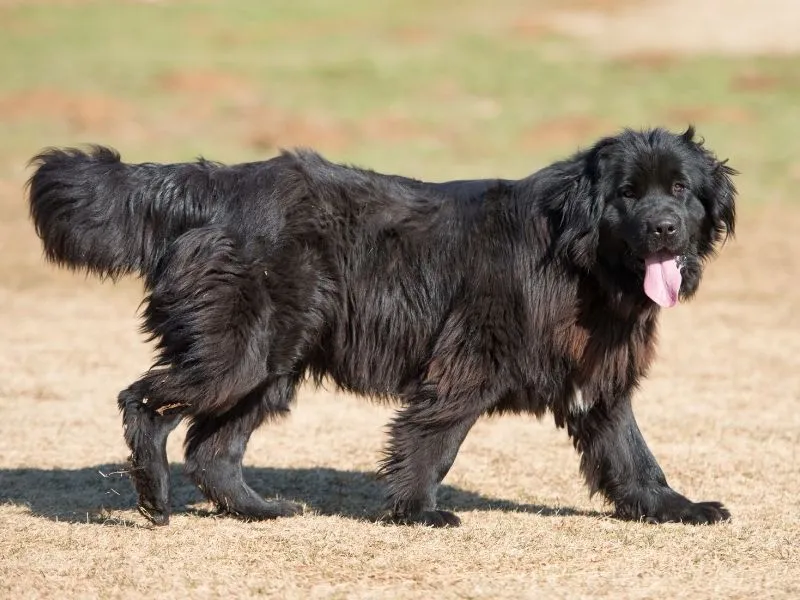
These gentle giants are famously patient and kind. They’re protective without being aggressive, making them wonderful family dogs.
Newfoundlands respond well to training and enjoy swimming and outdoor activities, keeping both mind and body stimulated.
Collie
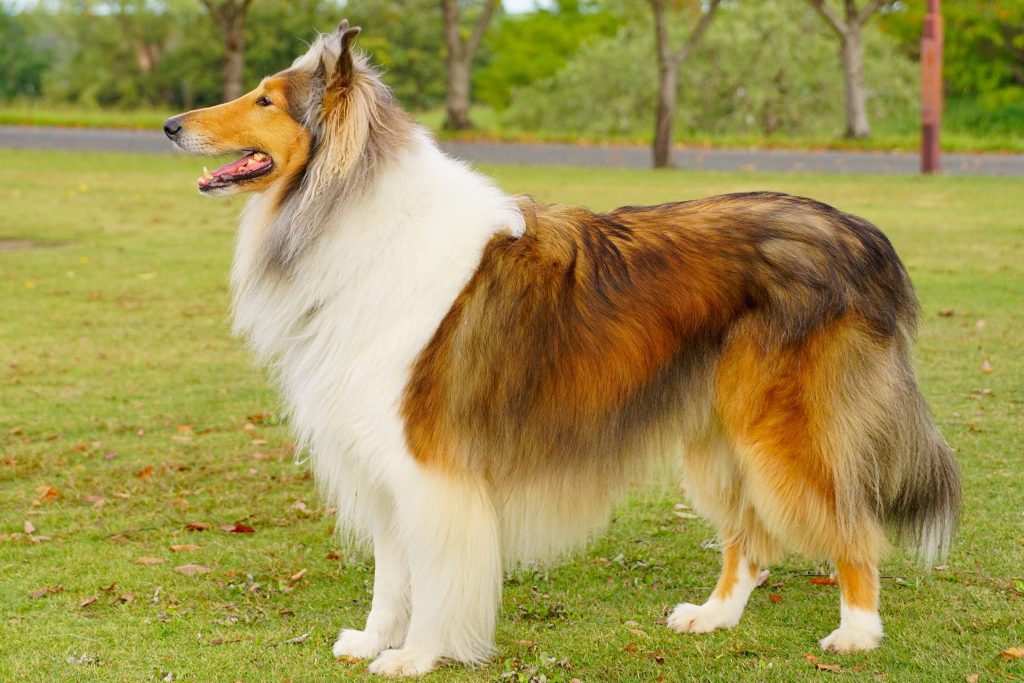
Collies are intelligent, loyal, and sensitive. They often intuitively avoid confrontation, preferring calm observation.
Collies do best with regular mental stimulation and exercise, which channels their energy positively while reinforcing their status as dogs that don’t bite.
Poodle
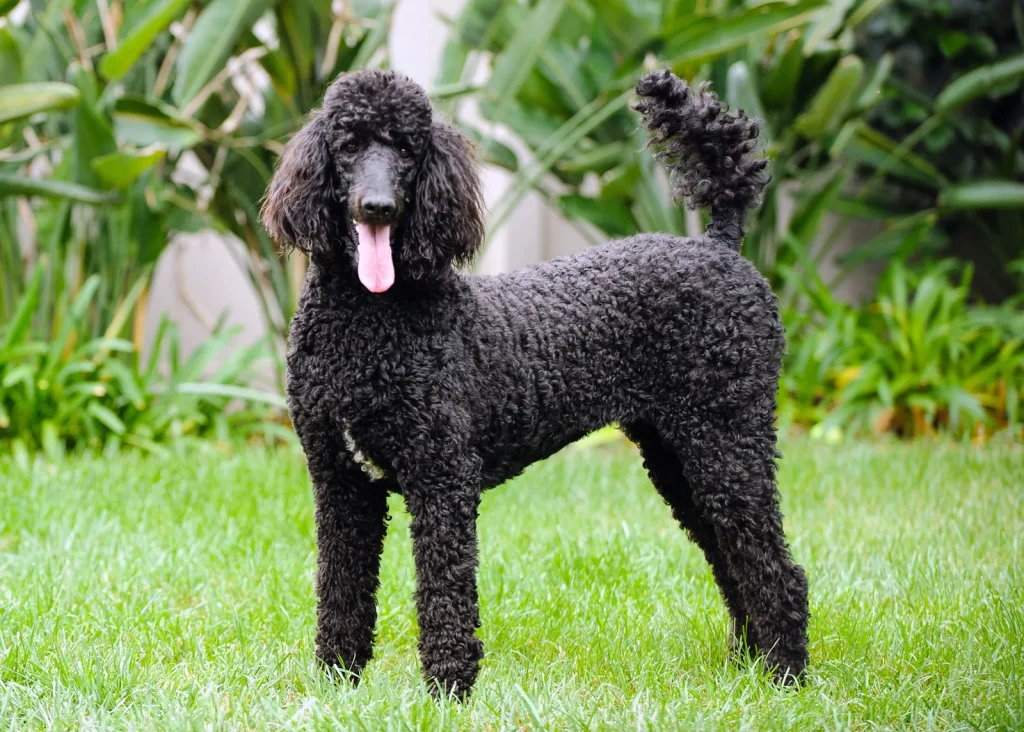
Poodles come in toy, miniature, and standard sizes, but all share a reputation for intelligence and composure.
Their calm temperament and social nature make them suitable for families, seniors, or apartment living. Poodles respond well to training, which further reduces the likelihood of aggression.
Shih Tzu
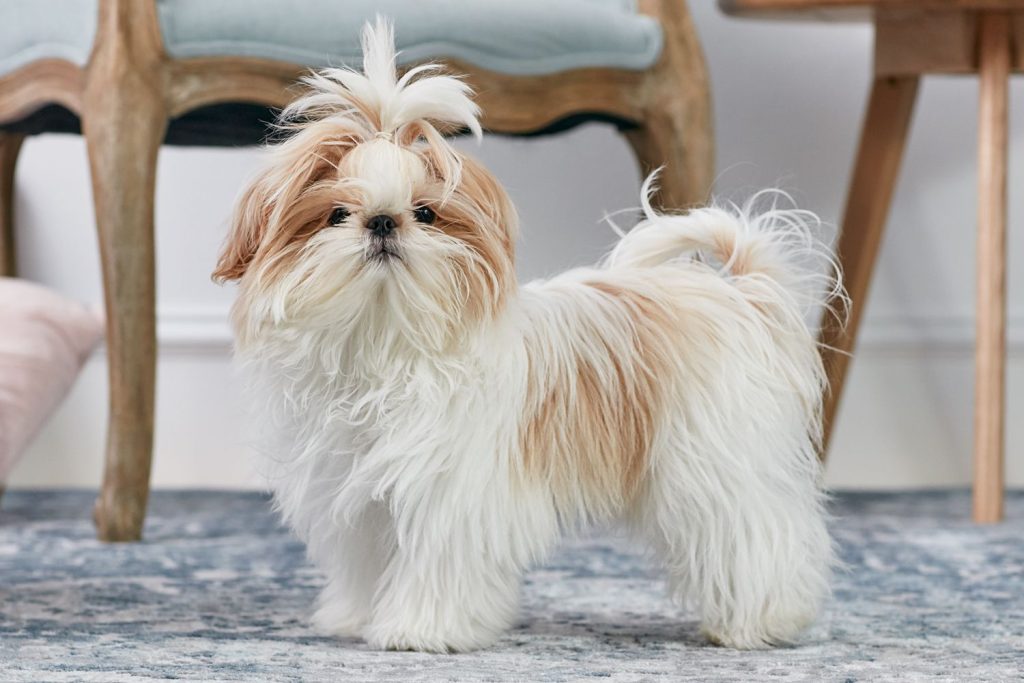
Shih Tzus are small, affectionate, and naturally sociable. Their gentle personalities make them ideal lap dogs for seniors or families.
Early socialization ensures they remain approachable and friendly, keeping them among the list of dogs that don’t bite.
Maltese
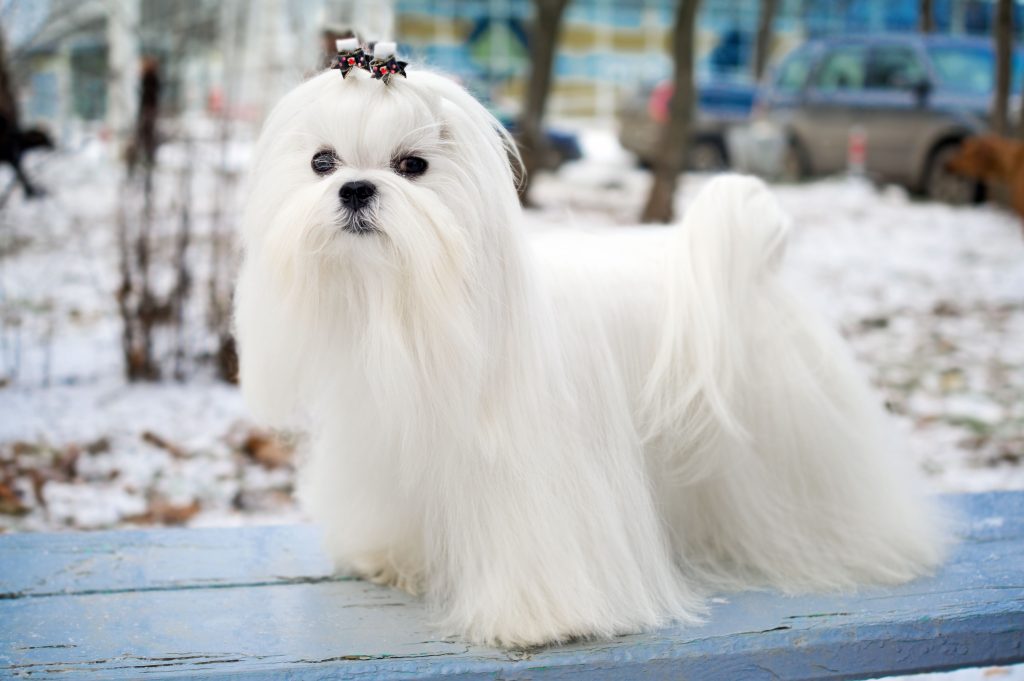
Maltese dogs are lively yet gentle, thriving on attention and affection. They bond closely with families and enjoy playtime without resorting to aggression.
These dogs are perfect for owners seeking a friendly, small-breed companion.
Papillon
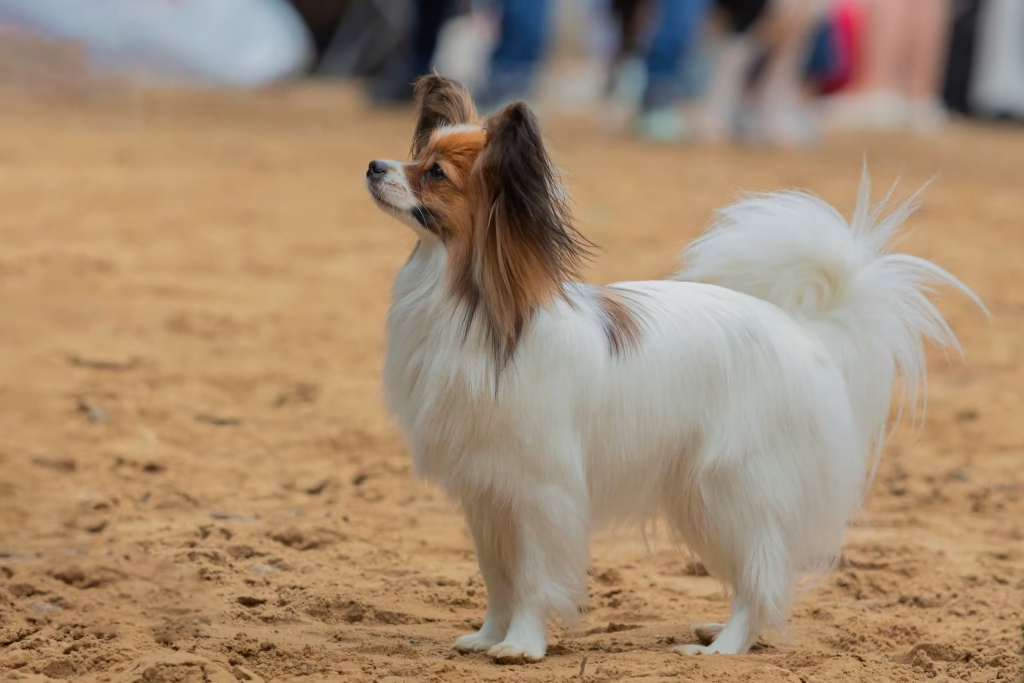
Papillons are energetic, intelligent, and friendly. Despite their small size, they are confident and affectionate, rarely displaying aggressive behavior.
Regular mental stimulation and gentle training keep them happy and sociable.
Boxer
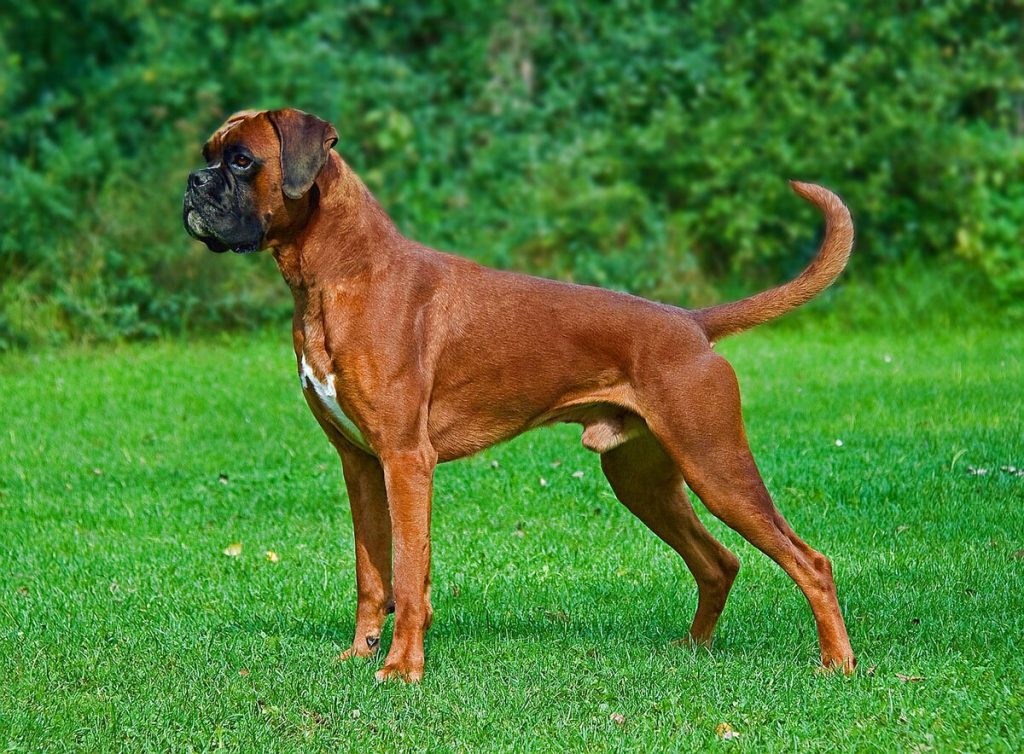
Boxers are playful, loyal, and protective without being aggressive. Their exuberant personalities make them engaging companions, and early socialization ensures they remain gentle around children and strangers.
Boxers highlight that even high-energy breeds can be dogs that don’t bite with the right guidance.
Irish Setter
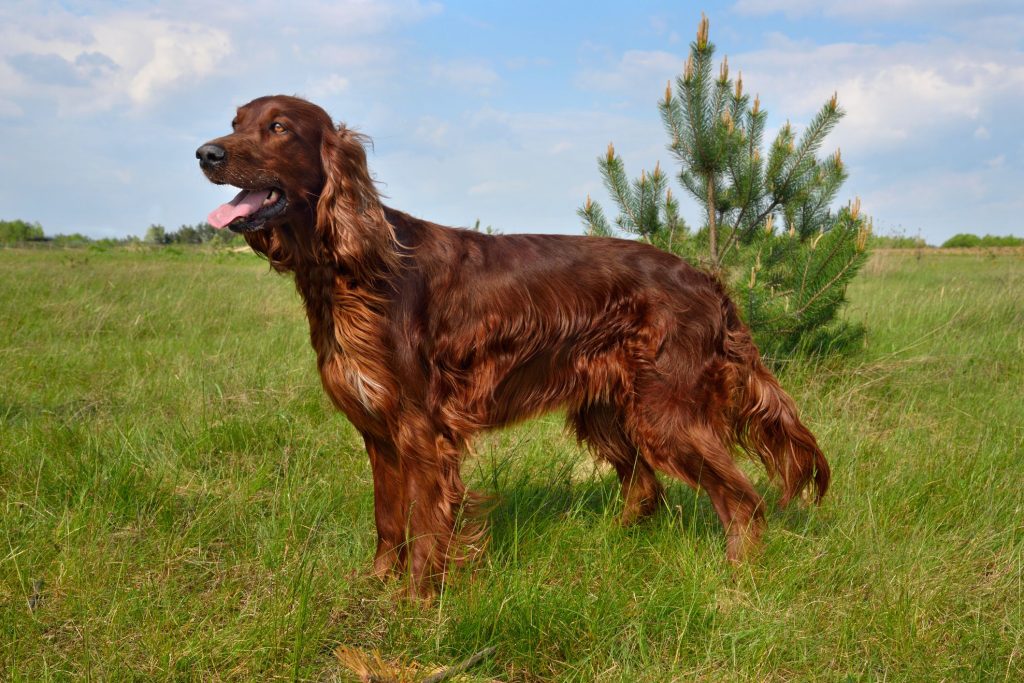
Irish Setters are friendly, energetic, and outgoing. They enjoy social interaction and are generally gentle with kids and other pets.
These dogs do best with regular exercise, which channels their energy into positive outlets rather than frustration or aggression.
Havanese
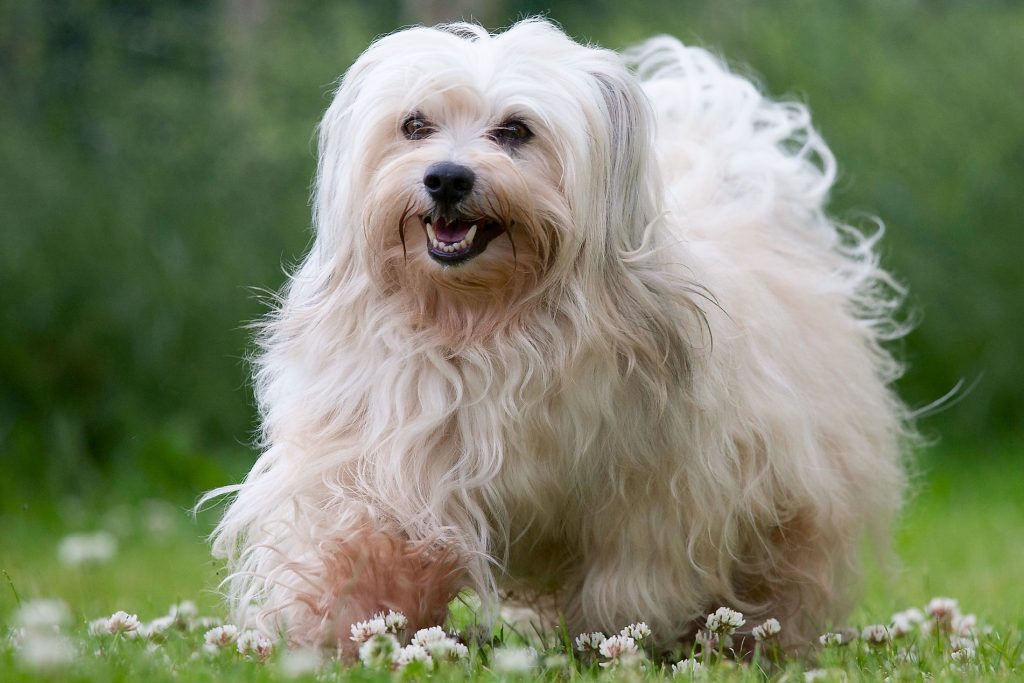
Havanese dogs are affectionate, cheerful, and highly social. Their gentle disposition makes them excellent therapy or emotional support dogs.
With consistent socialization, they maintain their calm nature, solidifying their place on the list of dogs that don’t bite.
Soft-Coated Wheaten Terrier
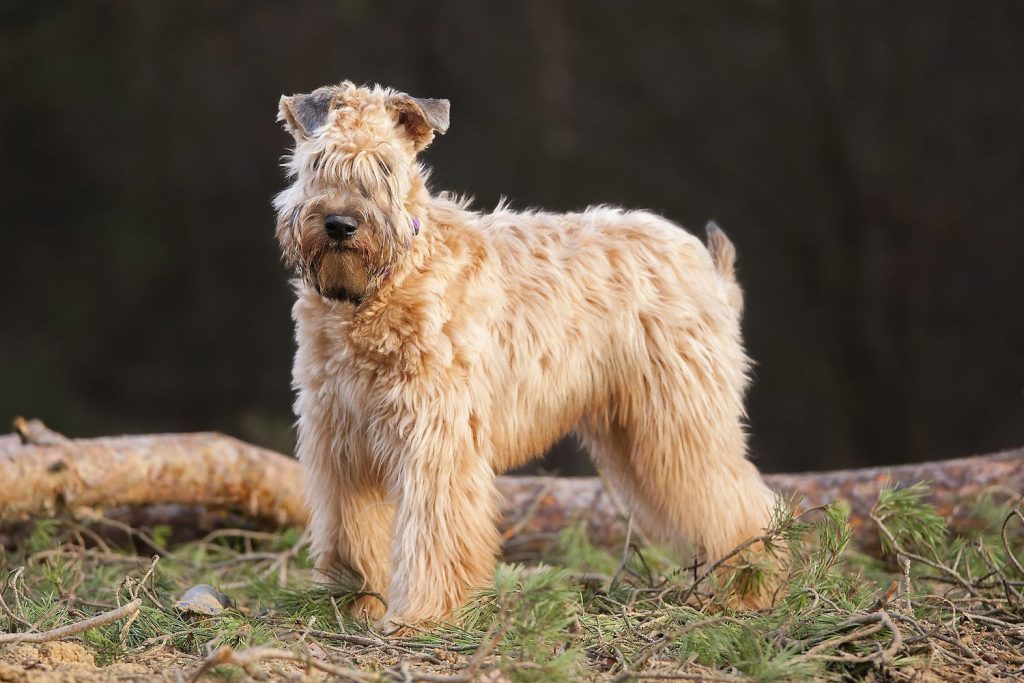
Wheaten Terriers are friendly, playful, and rarely aggressive. They thrive on human interaction and enjoy family life.
Early exposure to a variety of people and pets helps reinforce their sociable and gentle temperament.
Pug

Pugs are charming, playful, and known for their affectionate personalities. They enjoy human companionship and rarely show aggression.
Pugs thrive in homes with children, seniors, or apartment settings, proving that gentle dogs come in all shapes and sizes.
Bernese Mountain Dog
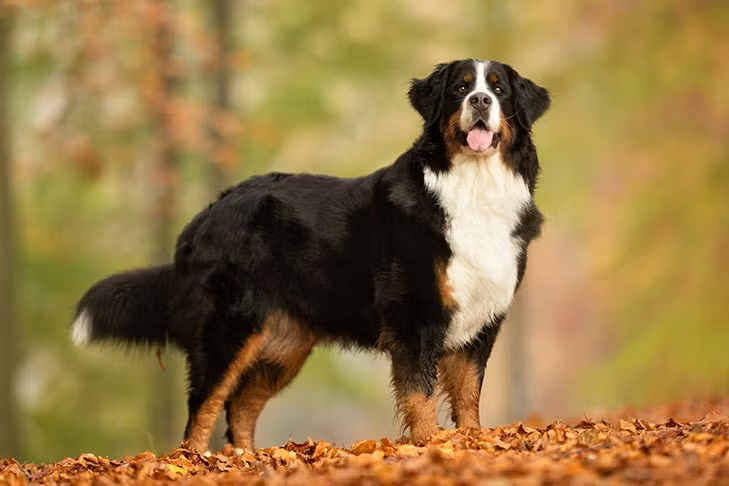
Bernese Mountain Dogs are calm, patient, and loyal. Their gentle giant reputation makes them excellent family companions.
Proper socialization and exercise help them stay happy, healthy, and friendly around strangers, keeping them on the list of dogs that don’t bite.
Great Dane
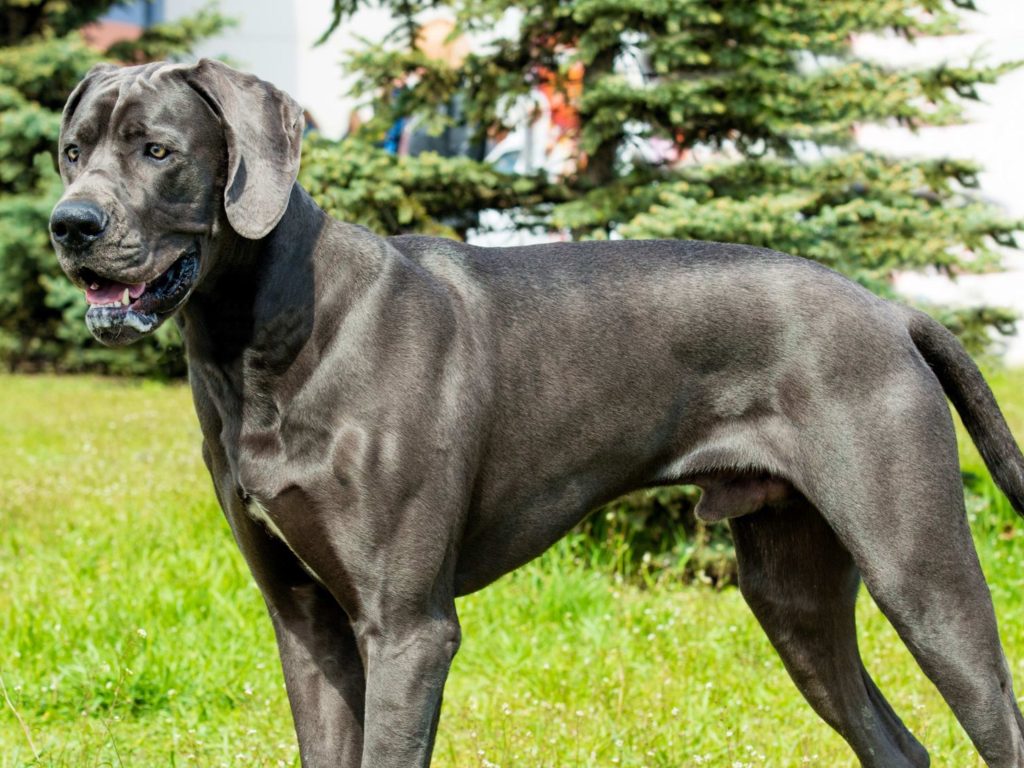
Great Danes are massive but surprisingly gentle. Their calm demeanor and affectionate nature make them family favorites.
Despite their size, they are patient and social, highlighting that temperament isn’t just about stature.
Staffordshire Bull Terrier
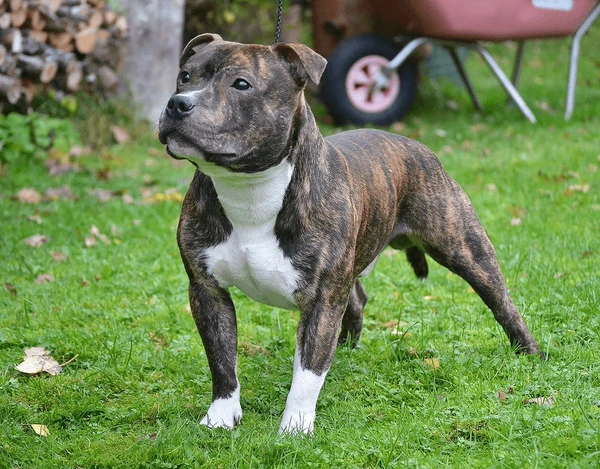
Staffordshire Bull Terriers are often misunderstood but can be extremely gentle with families and children.
Early socialization and proper training help them remain calm and friendly, making them excellent examples of dogs that don’t bite.
Boston Terrier
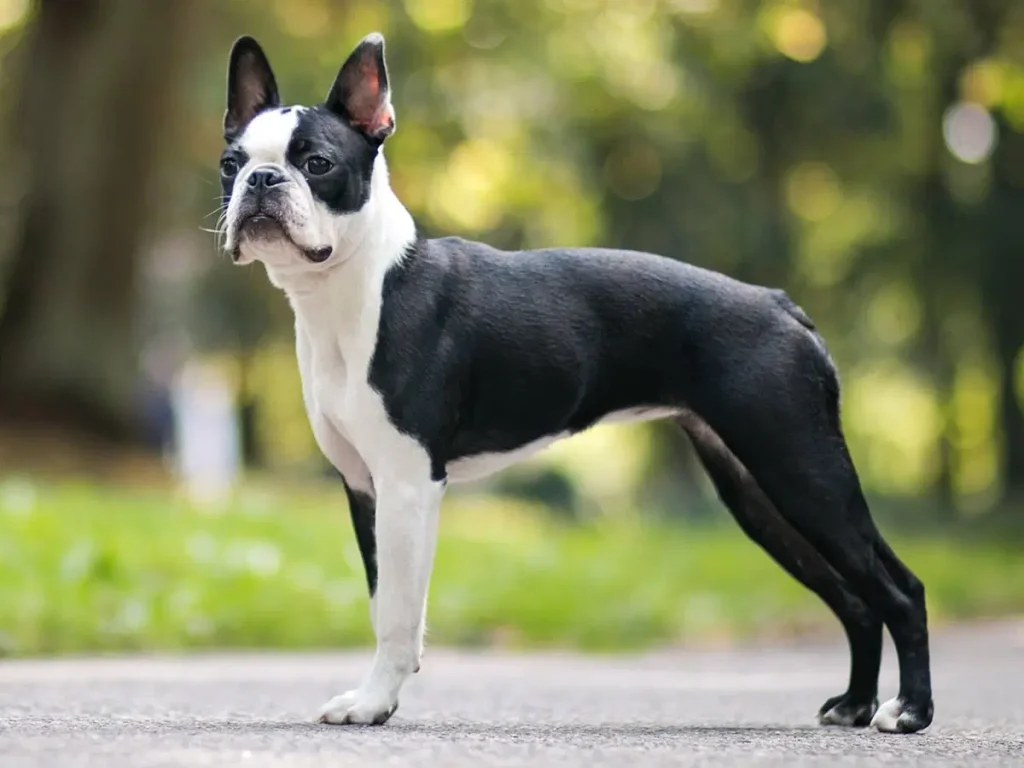
Boston Terriers are playful, friendly, and calm around strangers. Their small size and cheerful personality make them excellent apartment companions.
These dogs enjoy moderate activity and social interaction without exhibiting aggressive tendencies.
Adoption Tips And Rescue Options
Many of these gentle breeds are available through rescues or shelters. Researching breed-specific rescues or reputable shelters increases your chances of finding calm, non-aggressive dogs.
Adopting a dog with a proven gentle temperament is a great way to ensure your household stays happy and safe.
How Early Socialization Shapes Gentle Dogs
Early exposure to different people, pets, and environments has a huge impact on whether a dog remains calm around strangers.
Puppies that meet a variety of humans and animals learn that new experiences aren’t threatening. Gentle reinforcement during these encounters teaches dogs to approach calmly, reducing fear-driven reactions.
This helps ensure they grow up as dogs that don’t bite, even in unpredictable settings.
Understanding Breed-Specific Energy Levels
Even calm dogs need outlets for energy. High-energy breeds may still be non-aggressive but can become excitable if bored or under-stimulated.
Knowing your dog’s exercise and mental stimulation requirements helps maintain their gentle nature. Walks, play sessions, and puzzle toys keep energy balanced and reinforce their status as predictable, non-biting companions.
The Role Of Training And Positive Reinforcement
Training isn’t just about commands; it’s about building trust and confidence. Positive reinforcement rewards calm, polite behavior, while setting clear boundaries prevents frustration from building.
Consistent, gentle guidance helps dogs navigate new people and situations safely, reinforcing their reputation as dogs that don’t bite and making interactions more predictable.
Senior Dogs And Their Gentle Nature
Older dogs often mellow out, becoming calmer and more patient than their younger counterparts. Seniors who have been well-socialized are usually even more reliable around strangers and children.
Understanding the benefits of adopting older, experienced dogs can be a great option for families seeking companionship without the worry of aggressive tendencies.
Therapy And Emotional Support Roles
Many gentle breeds excel as therapy or emotional support animals because of their predictable temperaments.
These dogs are trained to remain calm, avoid aggression, and interact safely with a variety of people. Highlighting breeds commonly used for therapy work reinforces why they’re trusted examples of dogs that don’t bite.
Managing Multi-Dog Households
Having multiple dogs in one home can influence behavior. Gentle breeds often model calm behavior to others, creating a household where stress and aggression are minimized.
Proper introductions, monitoring interactions, and ensuring each dog has personal space help maintain a peaceful, non-biting environment for both dogs and humans.
Wrapping It Up
Finding dogs that don’t bite doesn’t have to be overwhelming. There are dozens of breeds known for calm, friendly, and predictable behavior, from tiny lap dogs to gentle giants.
Understanding each breed’s personality, energy level, and social needs helps match the right dog to your home.
Choosing a gentle, low-aggression dog improves safety, reduces stress, and creates stronger bonds between dogs and their families.
Which breed on this list do you think would fit best in your home and lifestyle?